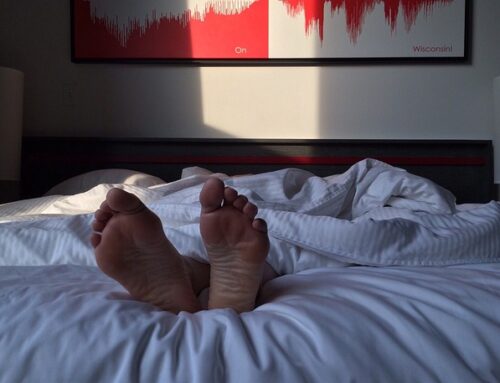There is emerging evidence that shows that sleep behaviors are associated with the risk of cardiac arrhythmias, according to a large observational study. In fact, for people who self-reported the best sleep characteristics, they had a 29% lower risk of developing atrial fibrillation. They also had a 35% lower risk of bradyarrhythmia. This was all compared to those who had the worst sleep patterns, which meant they were a night owl, slept too little, snored or had insomnia or daytime drowsiness.
The study
There were a total of 403,187 participants from UK Biobank involved in this study. A healthy sleep pattern was defined by chronotype, sleep duration, insomnia, snoring and daytime sleepiness. Knowing this is important because our patients with sleep apnea would fall under the unhealthy sleep pattern category.
What the researchers found is that healthy sleep patterns were significantly associated with lower risks of atrial fibrillation and bradyarrhythmia. The results indicate that we need to help our patients get better night’s sleep to reduce their risk for further harm.
In fact the accompanying editorial by one of the co-authors of the study notes that, “disordered sleep has become a feature of modern life.”
“Many of us walk bleary-eyed throughout the day, kept up at night by any one of obstructive sleep apnea (OSA), insomnia, anxiety or technology,” the authors wrote. “Those with sleep disorders have much greater health care utilization and are at higher risk for obesity, diabetes, mood and anxiety disorders and cardiovascular disease.”
“Atrial fibrillation is well described in patients with OSA (as the converse), as are bradyarrhythmias and sudden cardiac death,” the authors added. “What is less clear is the risk of arrhythmias from overall poor sleep from any etiology.”
With this information, it is important that we as dentists take charge of our patients’ health to help treat their sleep apnea and prevent further health complications.





